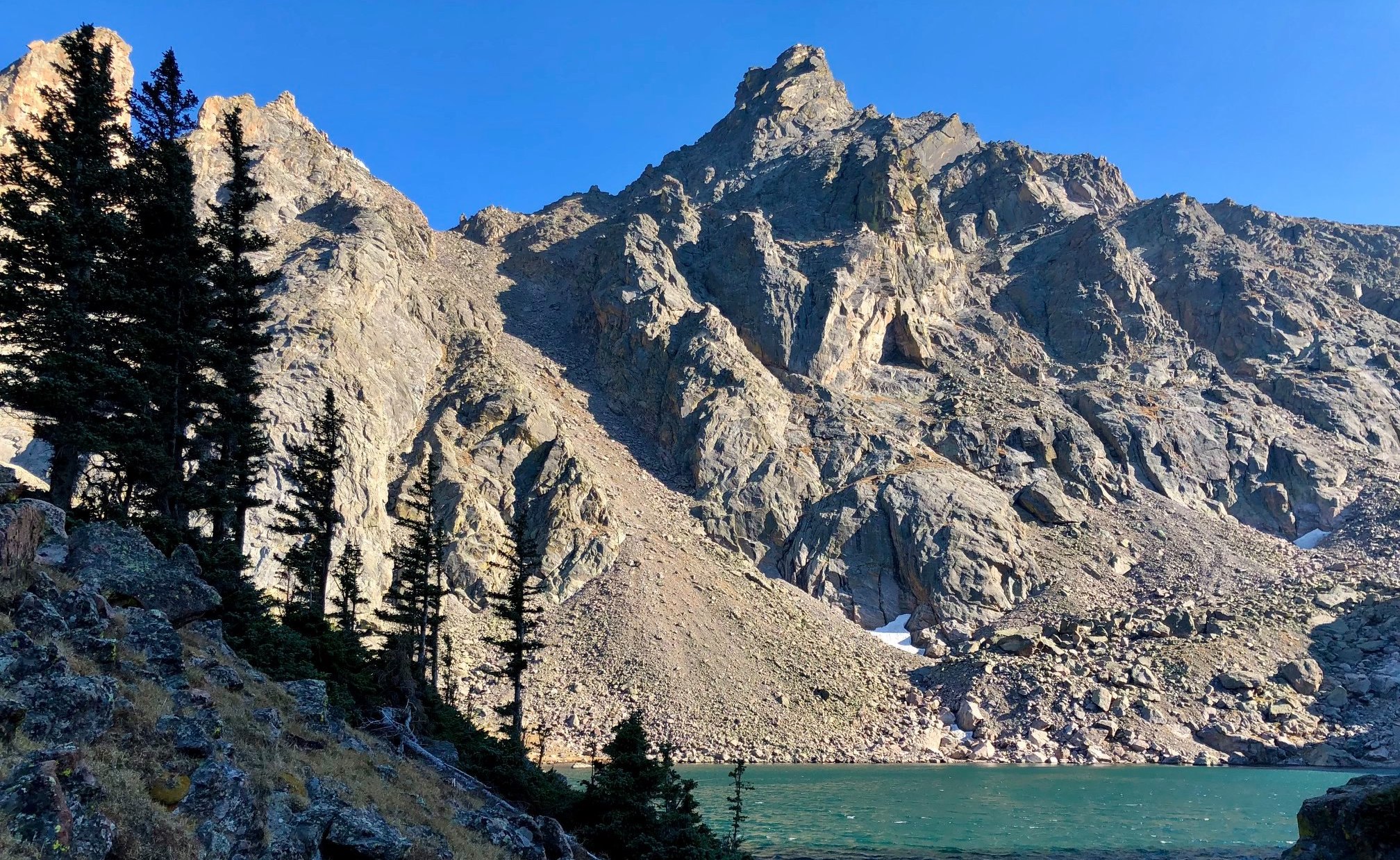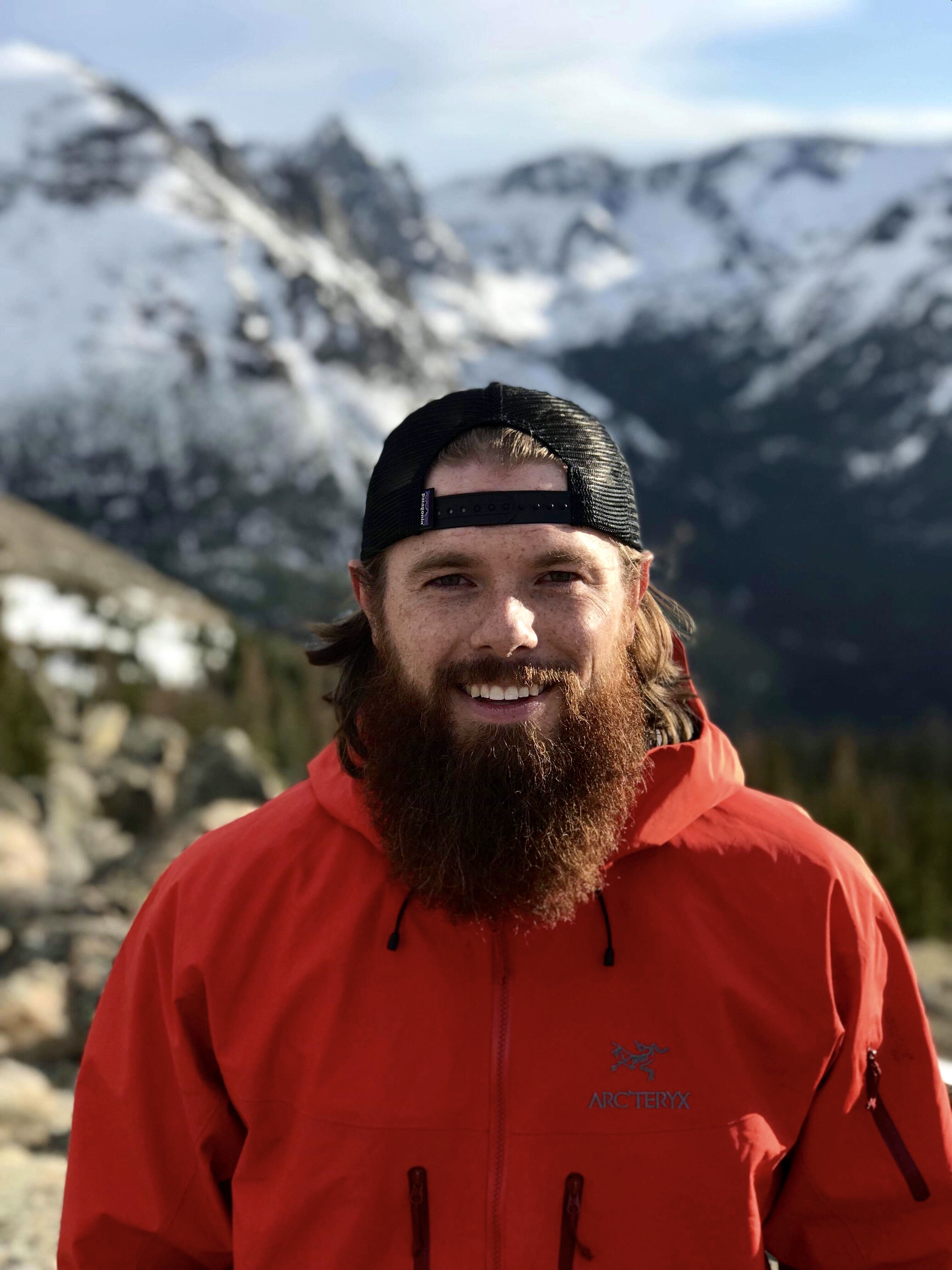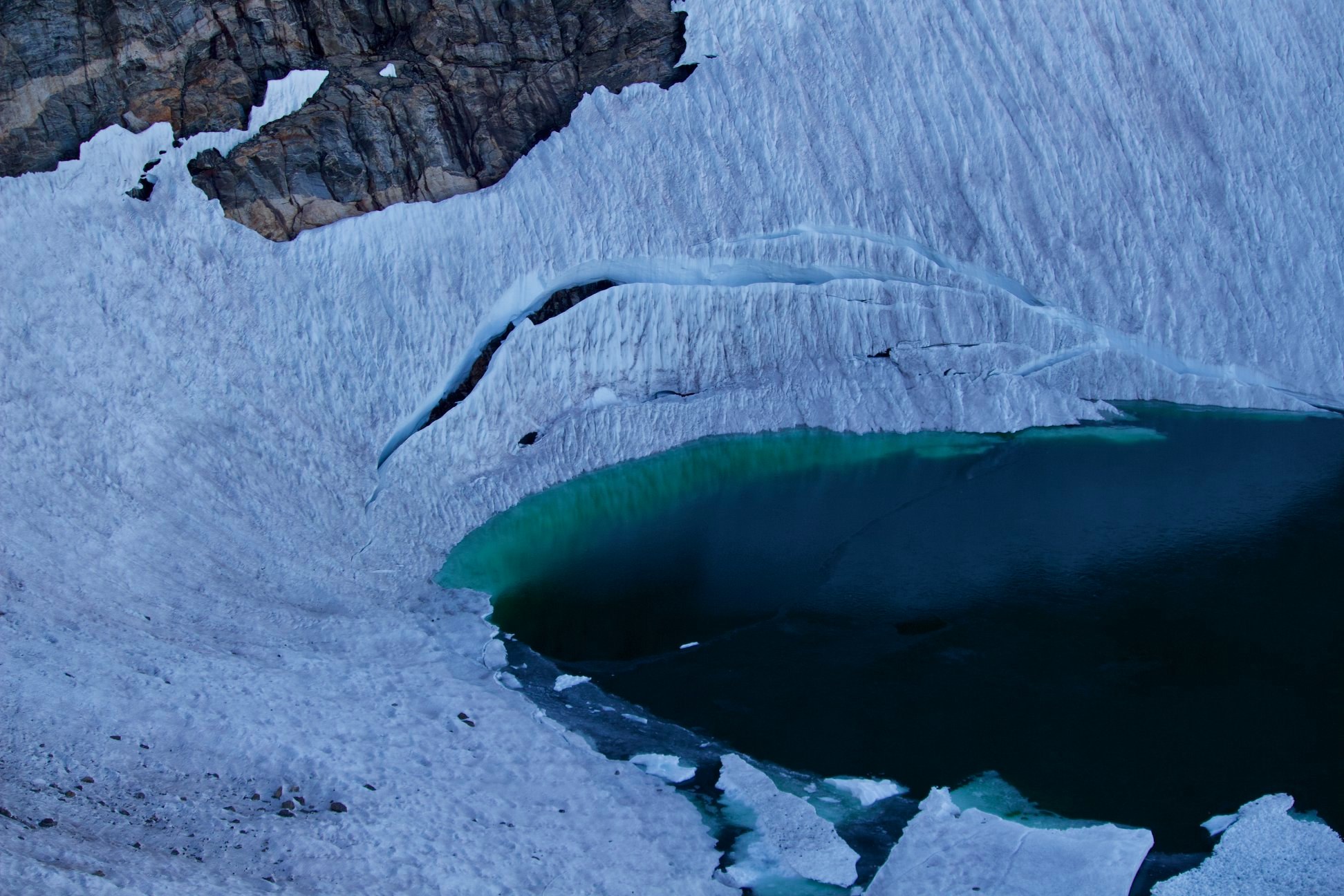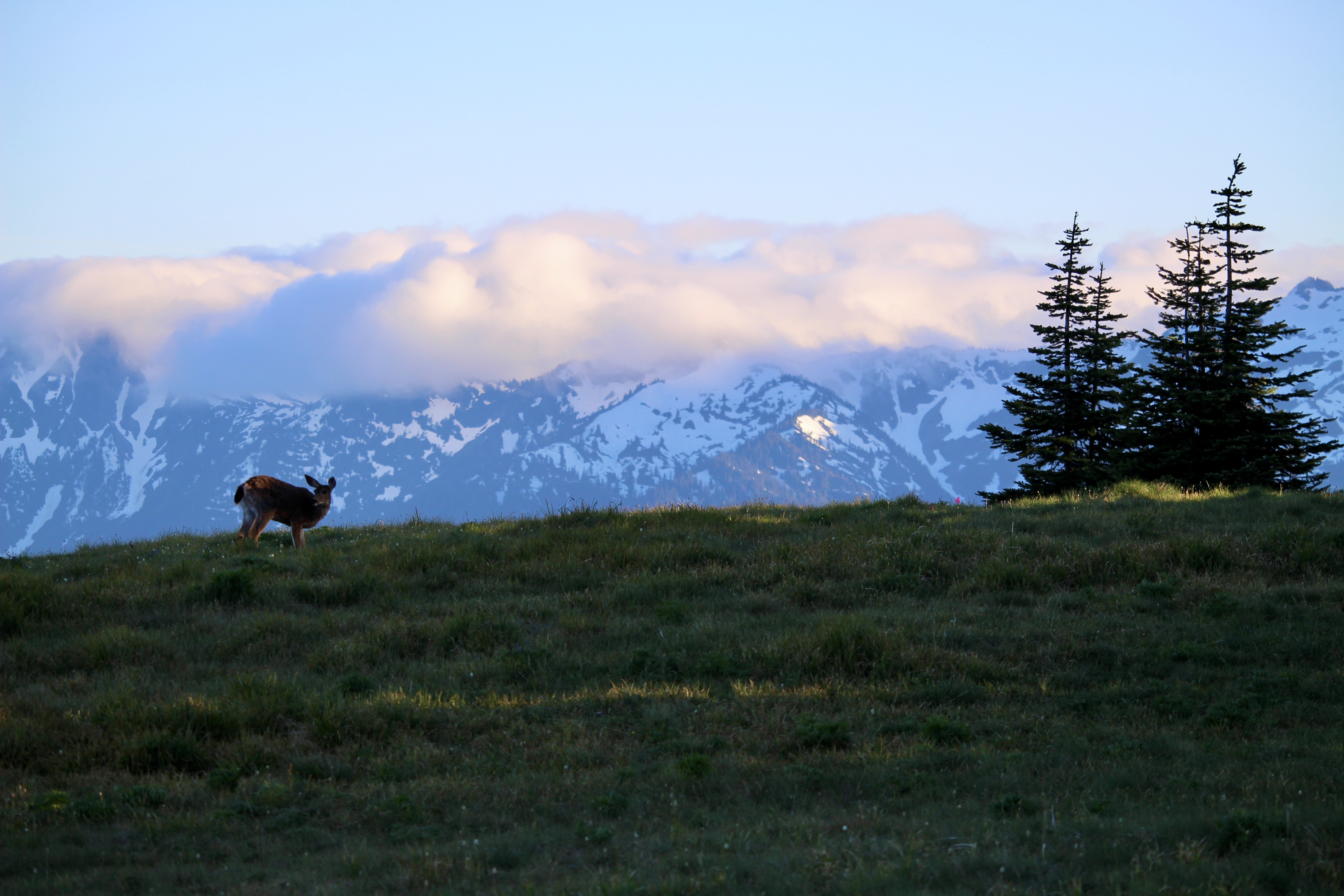There is an open invitation Colorado extends to anyone who sets foot in the state. Local or tourist, everyone feels at one point or another the call from the Coloradan mountains to explore its wild beauty.
Now more than ever, Coloradans are answering that invitation. They head to the wilderness and hiking trails to escape the everyday pressures brought upon by the global pandemic. The call to explore, to see the most remote areas of the national parks, is stronger than ever.
Wilderness guide and founder of Conservation Wilderness Guides Nicholas Scritchfield knows that call very well. A long time supporter of wilderness conservation, Scritchfield set out to create unique expeditions that would allow people to responsibly explore the heart of wild Colorado while maintaining its pristineness.
“A lot of people have probably been to Rocky Mountain National Park and have been going their whole lives but they have never seen any of these deep areas,” said Scritchfield. That is what I am trying to get people to experience — showing them that there is a lot more to [Rocky Mountain National Park] than meets the eye.”
The beginning of a journey
Scritchfield’s ventures in wilderness conservation are not new. Before fully committing to Colorado, he worked in Nevada for the Friends of Nevada Wilderness and started the non-profit Wild Ecosystems Conservation Initiative. Eventually, he decided to settle in Colorado and work at The Rocky Mountain National Park.
“I moved to Colorado simply because my heart feels more at home in the western United States and began working at the park a couple of years after moving out here,” said the 28-year-old.
During work hours, he would traverse the mountains with a crew of llama rangers and their llamas to do maintenance work on various infrastructures in the backcountry. In his spare time, he’d go into the deepest areas of the park, where the sounds of civilization dissipated and the hiking trails disappeared. It is just you and the wilderness.
It was a one-of-a-kind experience Scritchfield wanted other people to enjoy but no one was offering those kinds of guides. “I found that nobody was operating the areas that I found to be my favorite areas of the park.”
It was then that he created his company, Conservation Wilderness Guides, the first-ever permitted guides to lead expeditions through Rocky Mountain National Park’s least known areas. The guides presented a way for people to recreate responsibly and discover the hidden gems in Rocky Mountain National Park.
The Expeditions
Currently, Scritchfield’s company offers three different expeditions inside the national park — Mummy Range, Southern Rocky and Forest Canyon Expedition. The expeditions can last as long as seven days with every detail in the itinerary carefully planned. The evening before the expedition holds off on the adventurous aspects, instead focusing on preparation and safety. The group meets for the first time while the designated wilderness guide reviews the expedition’s logistics and risks. Additionally, the group learns about Leave No Trace practices, an important cornerstone of Conservation Wildnerness Guides’ ethic.
On the first day, the group sets off on its multi-day guided journey through the subalpine and montane wildlands. The trails followed are created not by an abundance of tourists but by the wildlife that inhabits the park.
Beginners Welcome
Each day, the group hikes an average of 6 miles. Scritchfield believes a slower pace allows for all people, advanced or beginners, to experience these types of off-trek adventures.
“With off-trail travel, going slow is the name of the game”, says Scritchfield. “I would still like to make it go more slowly so people are more conscious of where they are stepping and they can enjoy more of where they are walking through.”
Strong ankles are a must. Hikers will encounter uneven terrain throughout the journey. However, the slower pace allows for people to feel more comfortable in their wild surroundings. The expedition also allows for rest days where hikers can go on small hikes and return to the camp.
Scritchfield promises, even though it can be a rough journey, participants will gain an experience of a lifetime. Besides taking in the sights, Scritchfield aims for people to develop a deeper understanding of the wilderness and our role in conserving it.
“If they don’t understand wilderness or what the true definition of wilderness is, how it’s congressionally designated, for example, they will come out of the expedition having a better understanding of what they’re seeing, why it’s important to have a deep connection to the wild; and how they could get more involved in conservation efforts here locally or wherever they’re from,” he said.
The Challenges of a Pandemic
The pandemic brought a wave of challenges to every business owner. Conservation Wilderness Guides was not immune to those challenges. Scritchfield secured the guiding permits by the end of 2019 and was immediately confronted by the consequences of the pandemic. The national parks closed in March until the end of May, making it impossible to embark on expeditions.
For the past two months, the company has tried to get the ball rolling and adapt to the new circumstances. In order to maintain the guidelines to slow the spread of the pandemic, the company is only booking smaller groups, no more than five people per expedition.
To prevent unnecessary mingling, the company also canceled its welcome dinners which would happen on the first day of the itinerary. Even though there are more limitations, Scritchfield believes the expeditions are a great alternative for people who had to cancel their travel plans for the summer.
Preserving Colorado’s Wilderness
While Conservation Wildnerness Guides does its part in promoting wilderness conservation, Scritchfield believes there is much that can be done, particularly in Colorado.
“There is a lot of work that can be done to create a healthy ecosystem,” says Scritchfield. He also mentions the Colorado Gray Wolf Reintroduction Initiative, which will be on the ballot for November elections.
Additionally, Scritchfield worries about the acres of land in Colorado that do not have permanent protection. “There are so many areas that are lying there unprotected, only protected to a degree by the Roadless Rule. But until they gain wilderness designation status, they are not permanently protected”.
Conservation Wilderness Guides tries to educate its participants in ways they can use their skills to affect positive change. After gaining a deeper understanding, they can take back this knowledge to their home country. If they live in Colorado, Scritchfield lets them know of local resources and projects related to conservationism.
Future Plans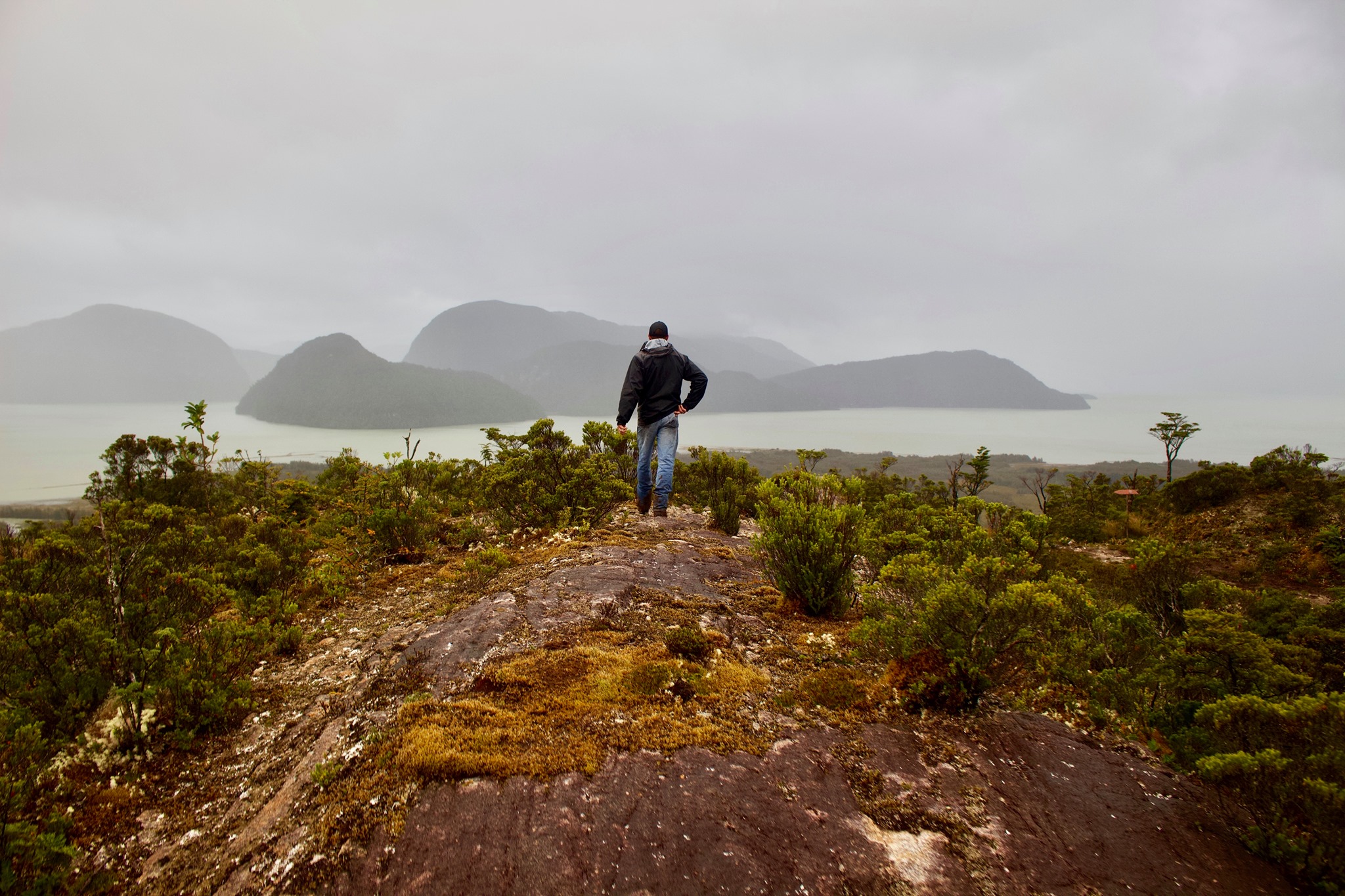
While the company’s journey has only started, Scritchfield dreams big. He plans on starting scientific expeditions in the area and other parts of the world. He also wishes to include his conservation work in Patagonia by expanding expeditions in Chile.
In the meantime, Scritchfield hopes people take an interest in all that Colorado’s wilderness has to offer. With in-state travel becoming more popular, people may realize they don’t need to look too far to find a unique adventure.
“Coloradans will have a chance to explore a Colorado that they have never seen,” said Scritchfield.
Prices range between $1100-1900 per person for 4-day or 7-day long expeditions. Click here for more pricing information.
For more information on the expeditions and booking dates, visit Conservation Wilderness Guides’ official website.
All photography courtesy of Conservation Wilderness Guides





